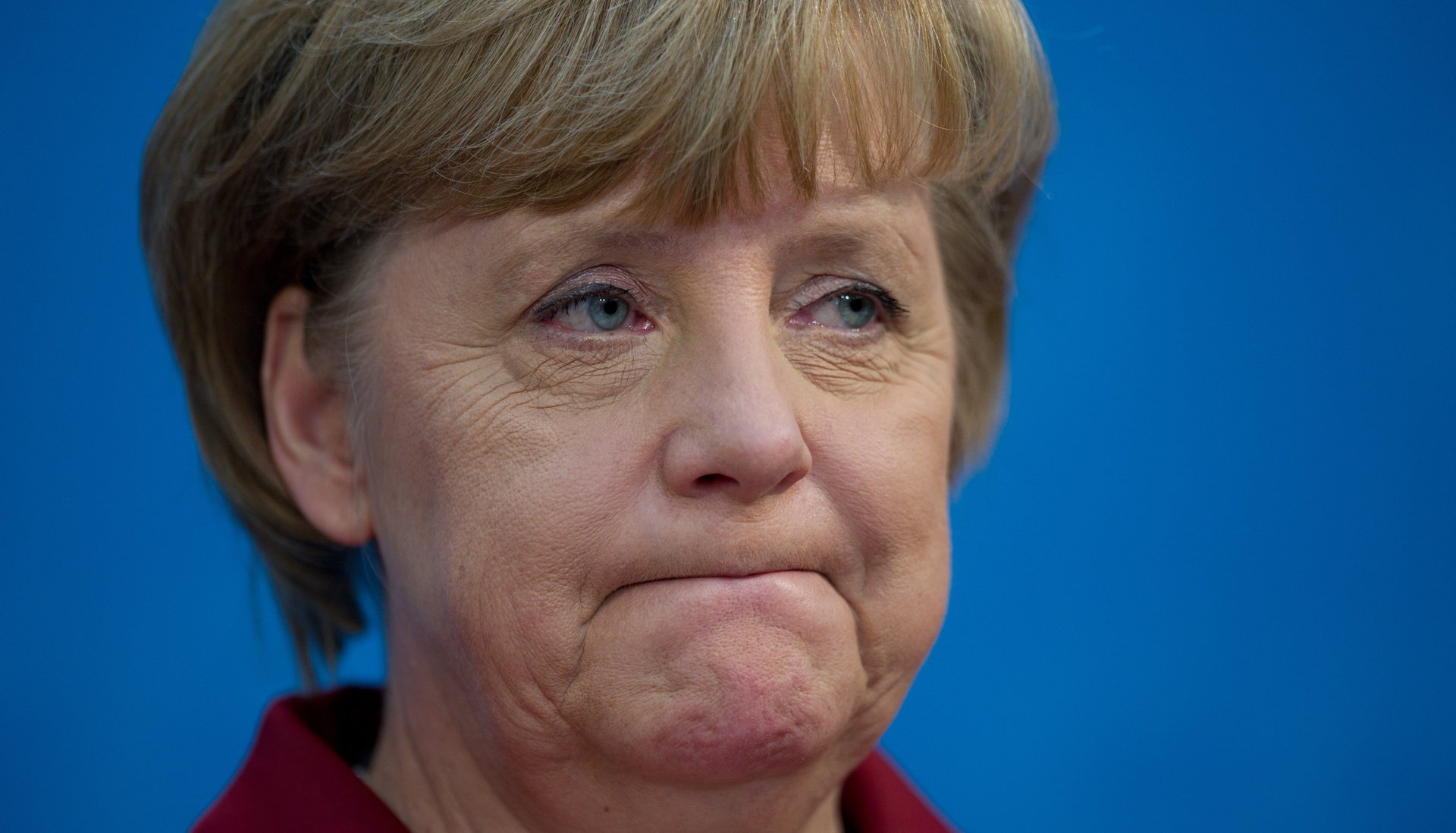Germany may love Angela Merkel but not her party
It was supposed to be a tight race, but the result came as a bitter wake-up call for German chancellor Angela Merkel: On Sunday, her CDU party lost the state elections in Lower Saxony.


It was supposed to be a tight race, but the result came as a bitter wake-up call for German chancellor Angela Merkel: On Sunday, her CDU party lost the state elections in Lower Saxony.
Although the CDU still won most of the votes, that was not enough to form a governing coalition with junior partner FDP. Instead, the more liberal SPD and the Green Party won a thin majority with one seat more than CDU-FDP.
The results show that everything is still up in the air for the upcoming parliamentary elections this fall and that Merkel’s popularity is not a guarantee for her to win a third term. Germany’s economic well being has made her a reliable politician for many voters, but it might not be enough to keep voter trust, depending on how much the German economy slows down this year. At a press conference on Monday, Merkel said she plans to broaden the CDU’s electoral platform, focusing on the labor market and internal security.
Lower Saxony has been governed by a CDU-FDP coalition for 10 years. Merkel and CDU prime minister of Lower Saxony, David McAllister, had planned to again form a coalition with the liberals. Promoting another party was a risky strategy. It worked for the liberals, who won far more votes than expected, but Merkel will be careful not to say anything about coalitions in the face of the upcoming Bundestag elections.
“It will be Bundestag elections, everyone will fight for their own and their votes,“ Merkel said during a press conference on Monday.